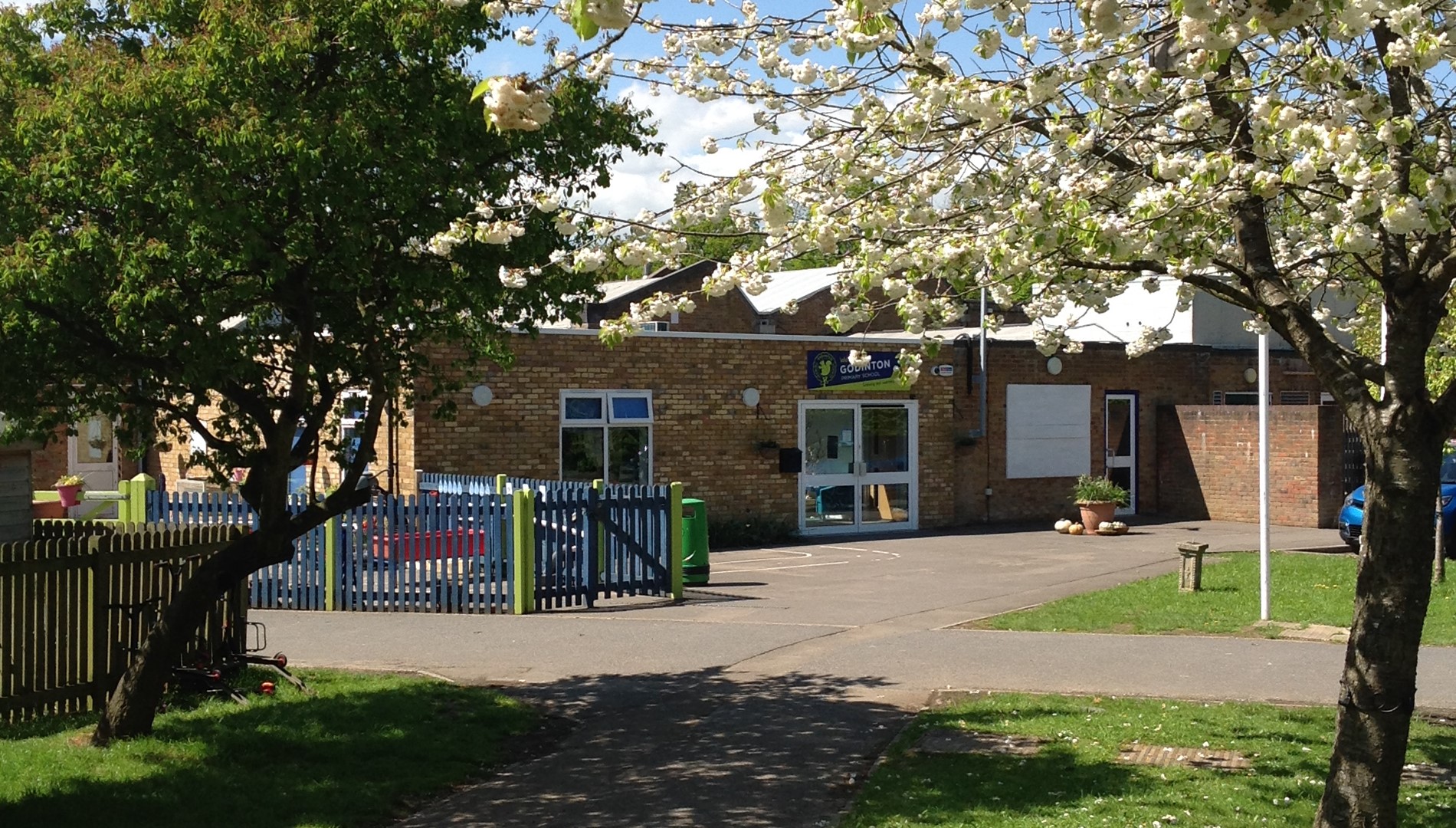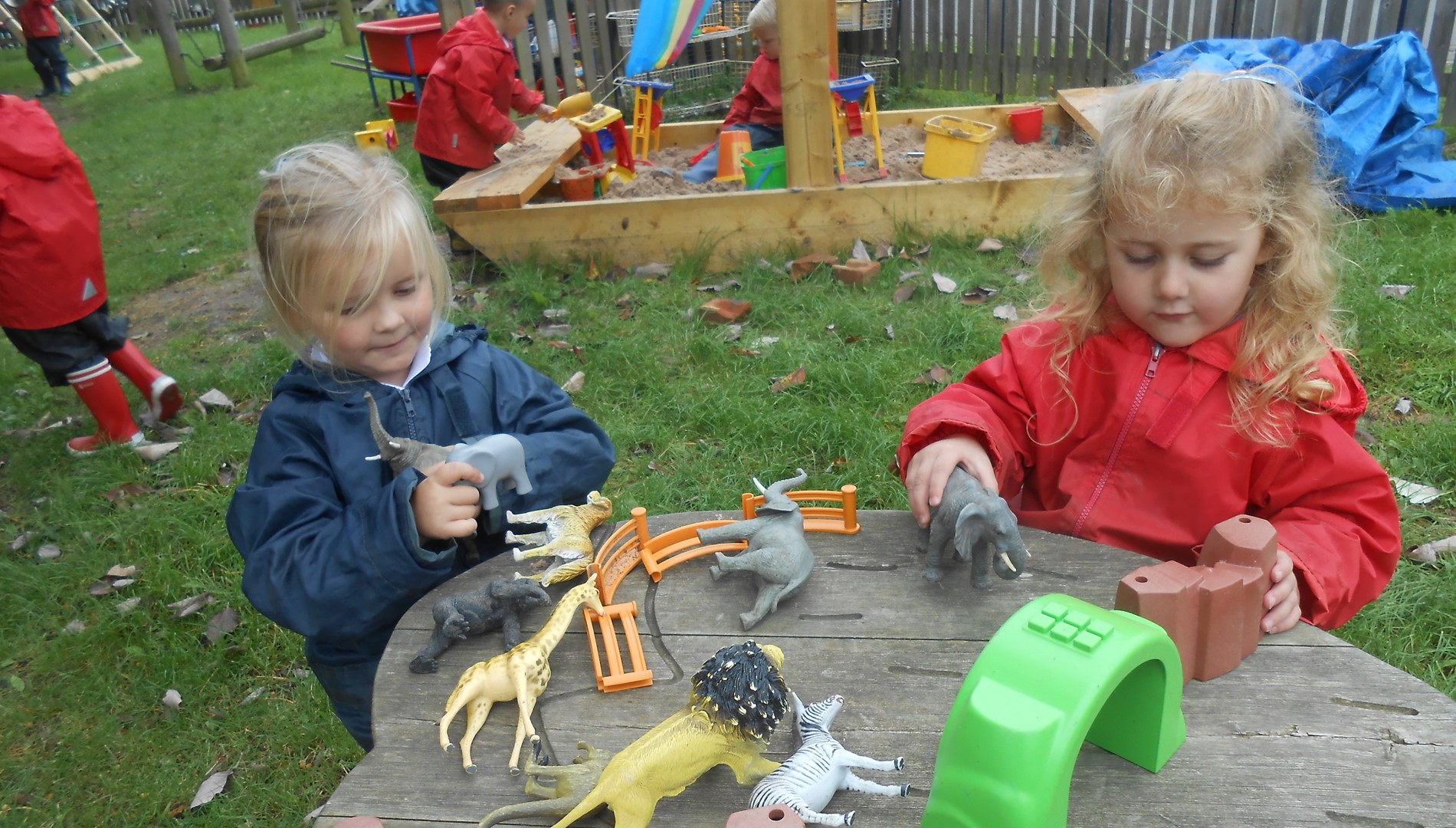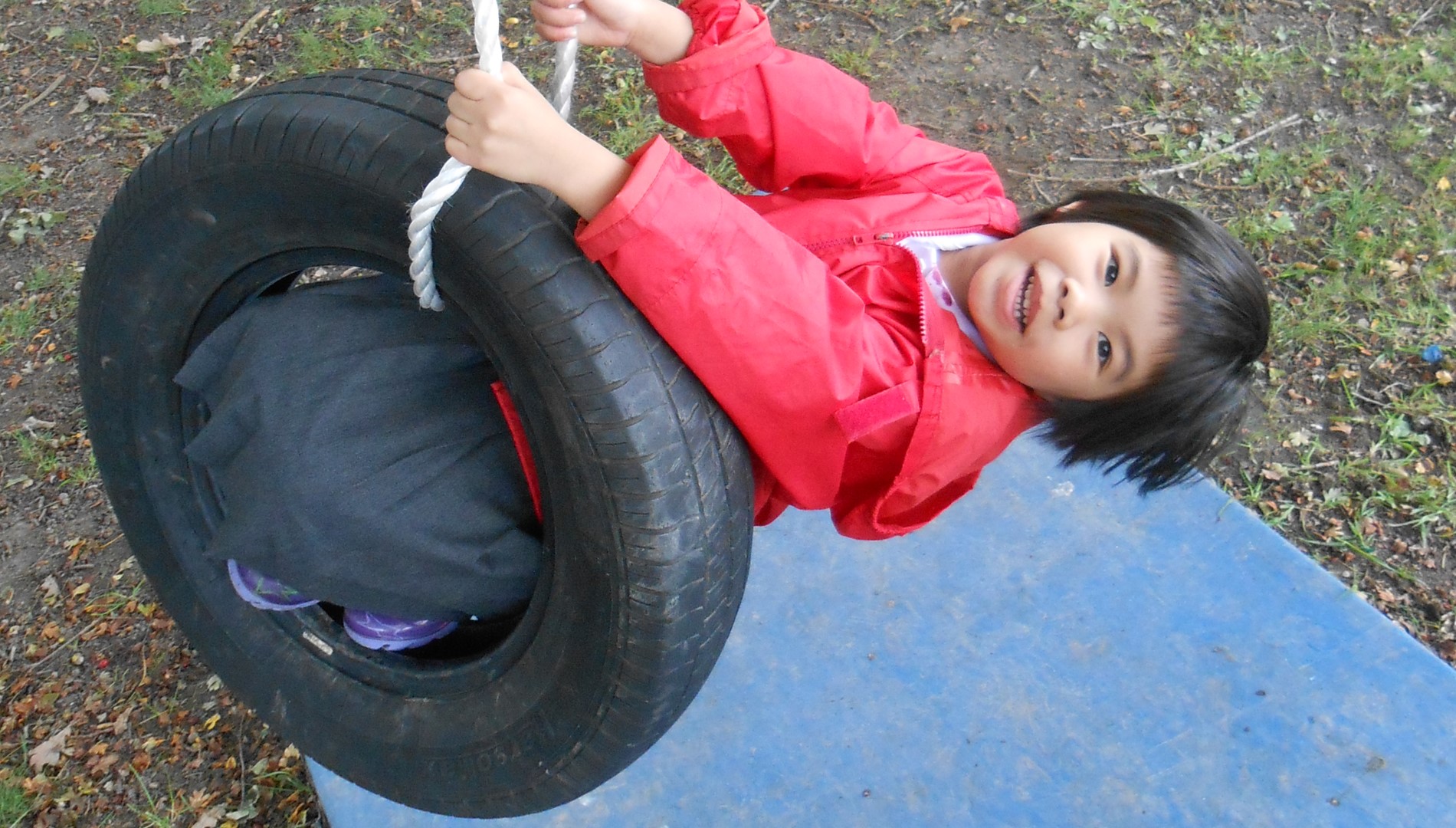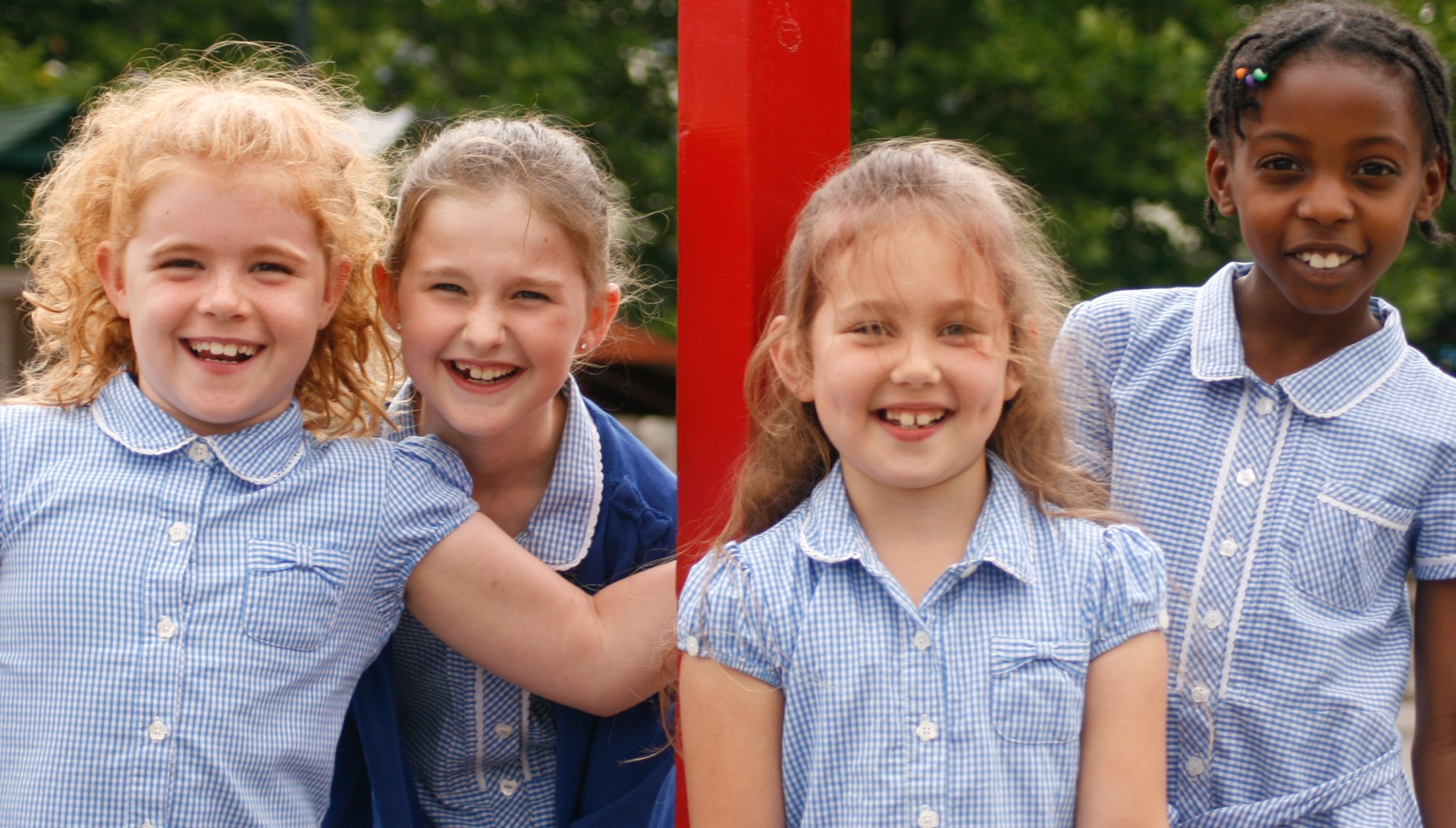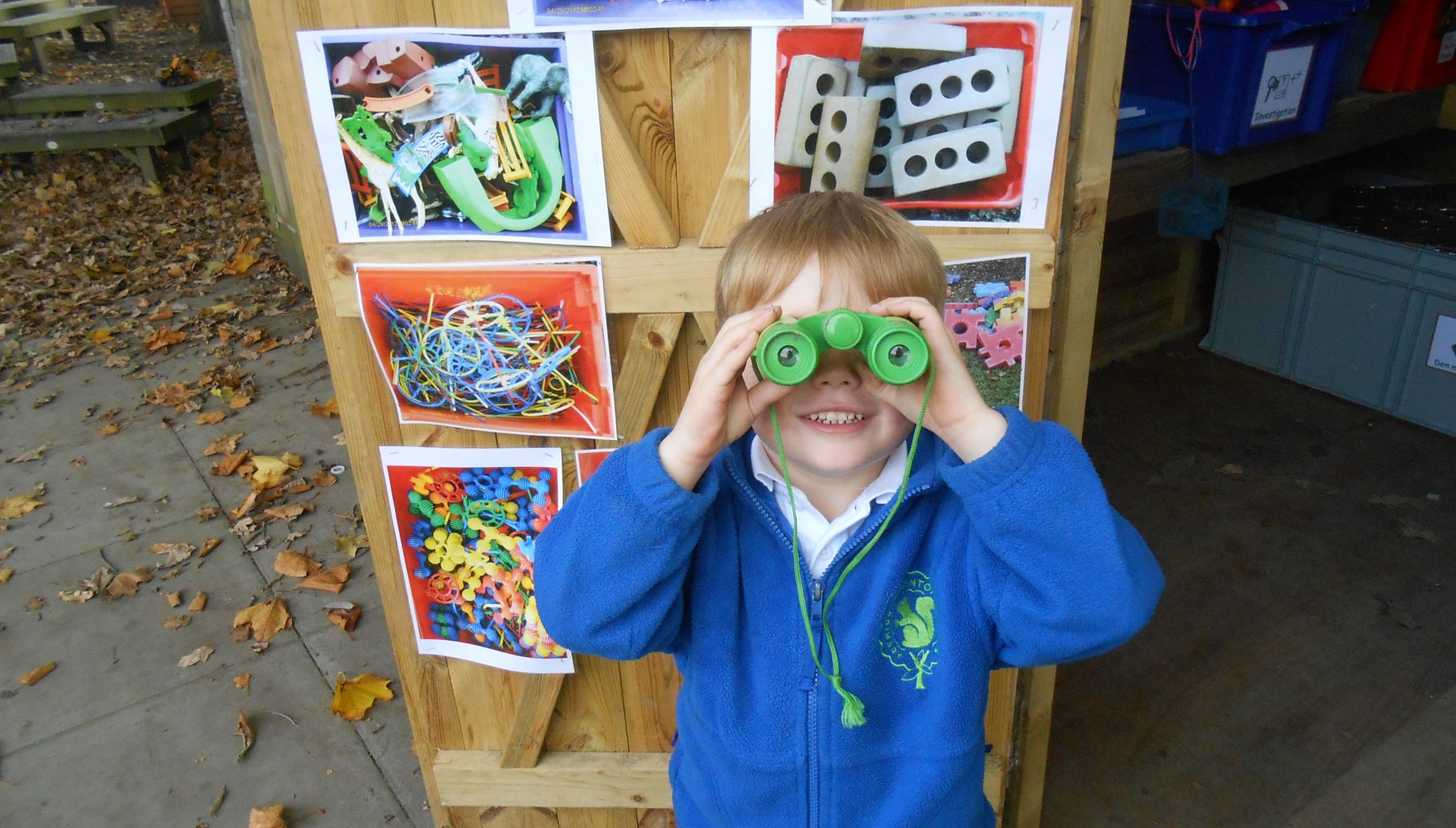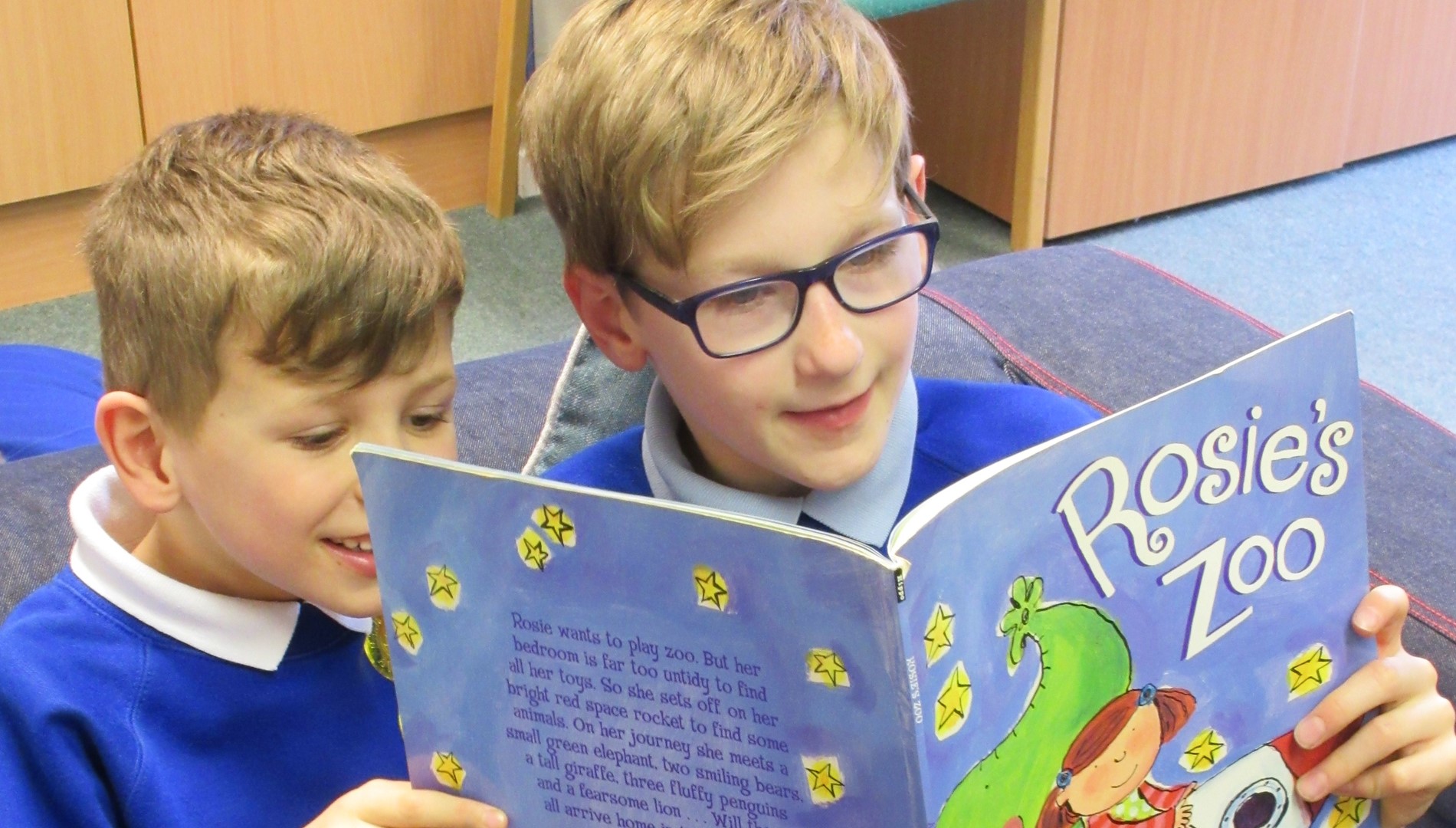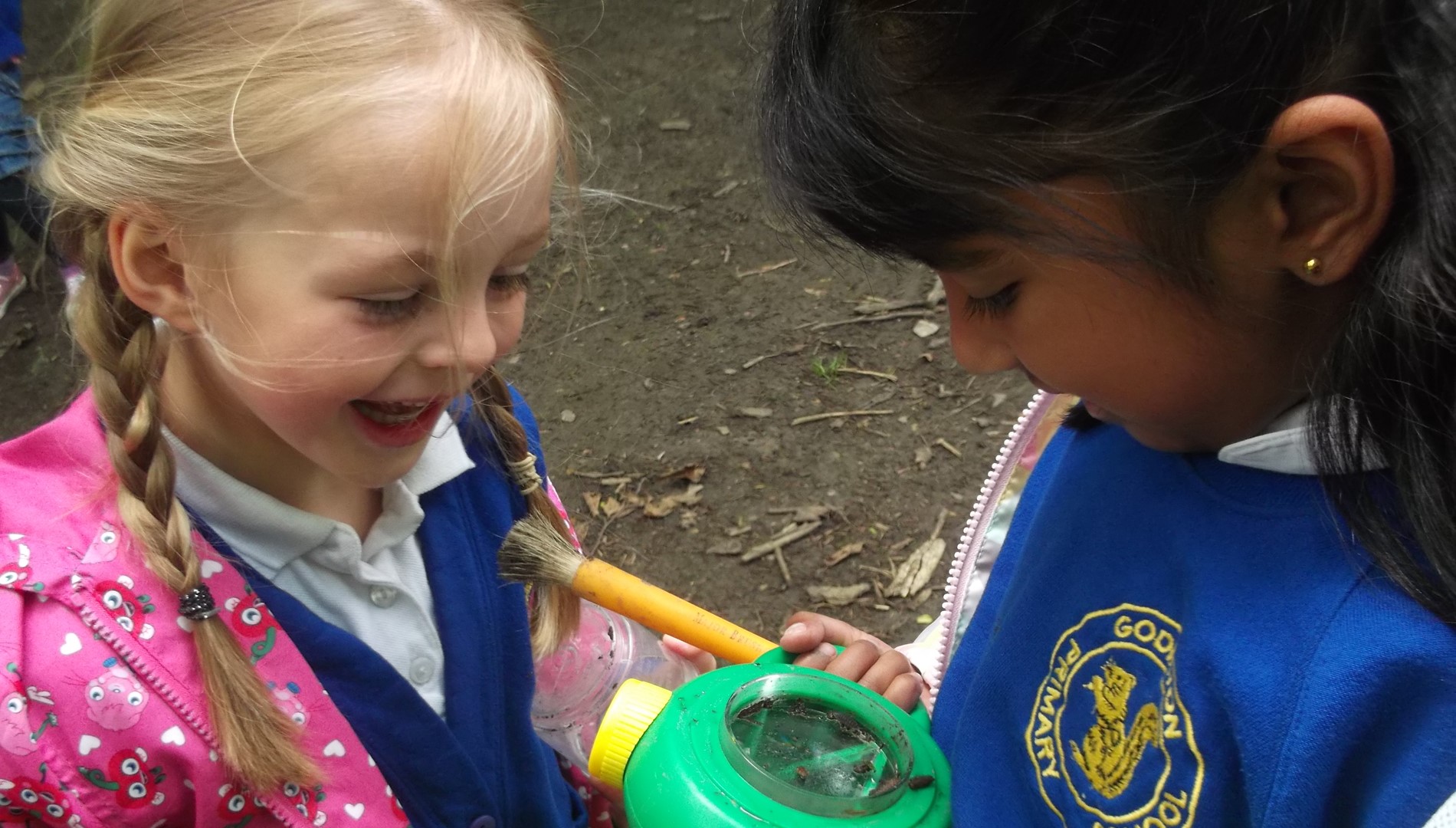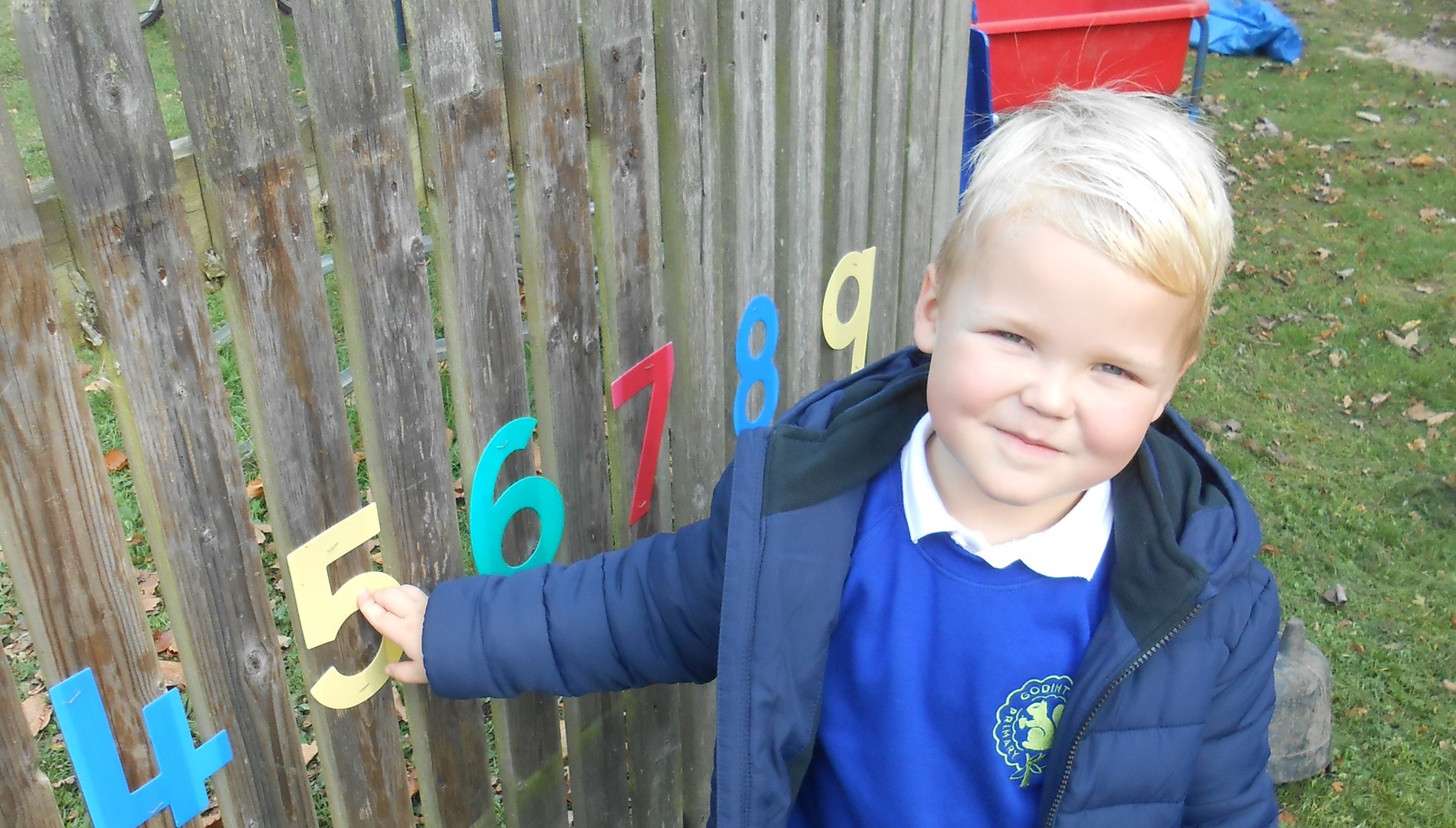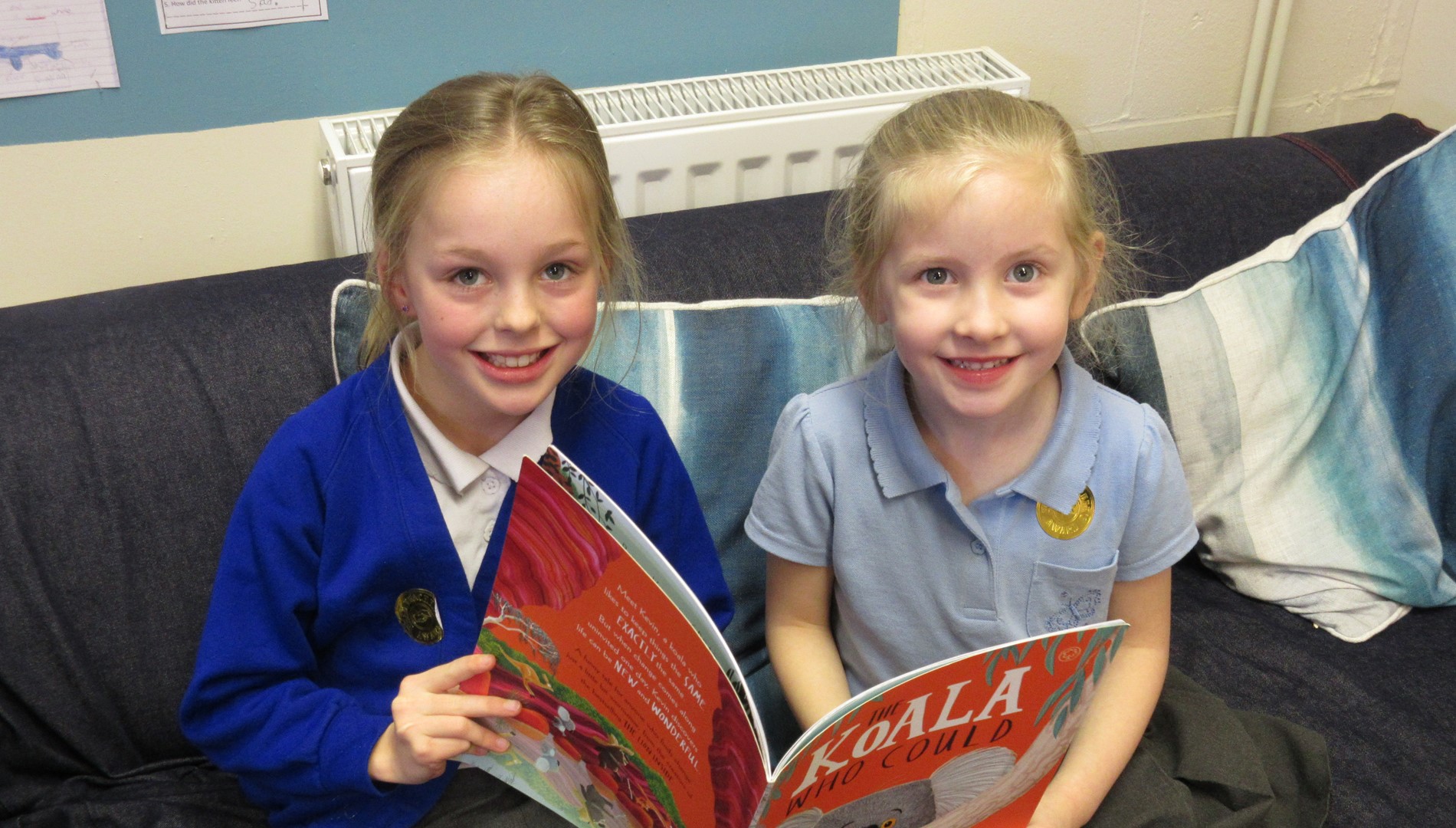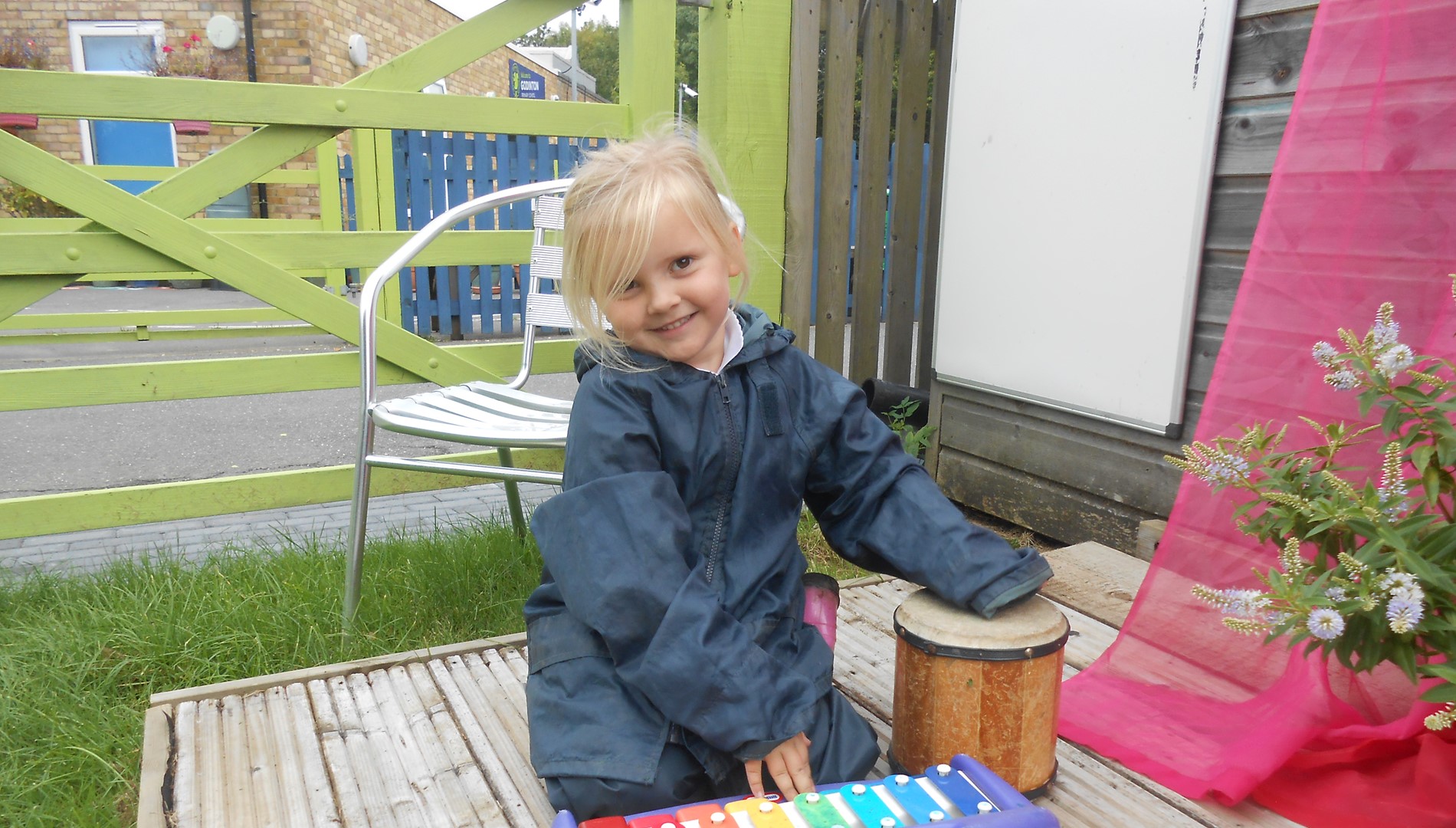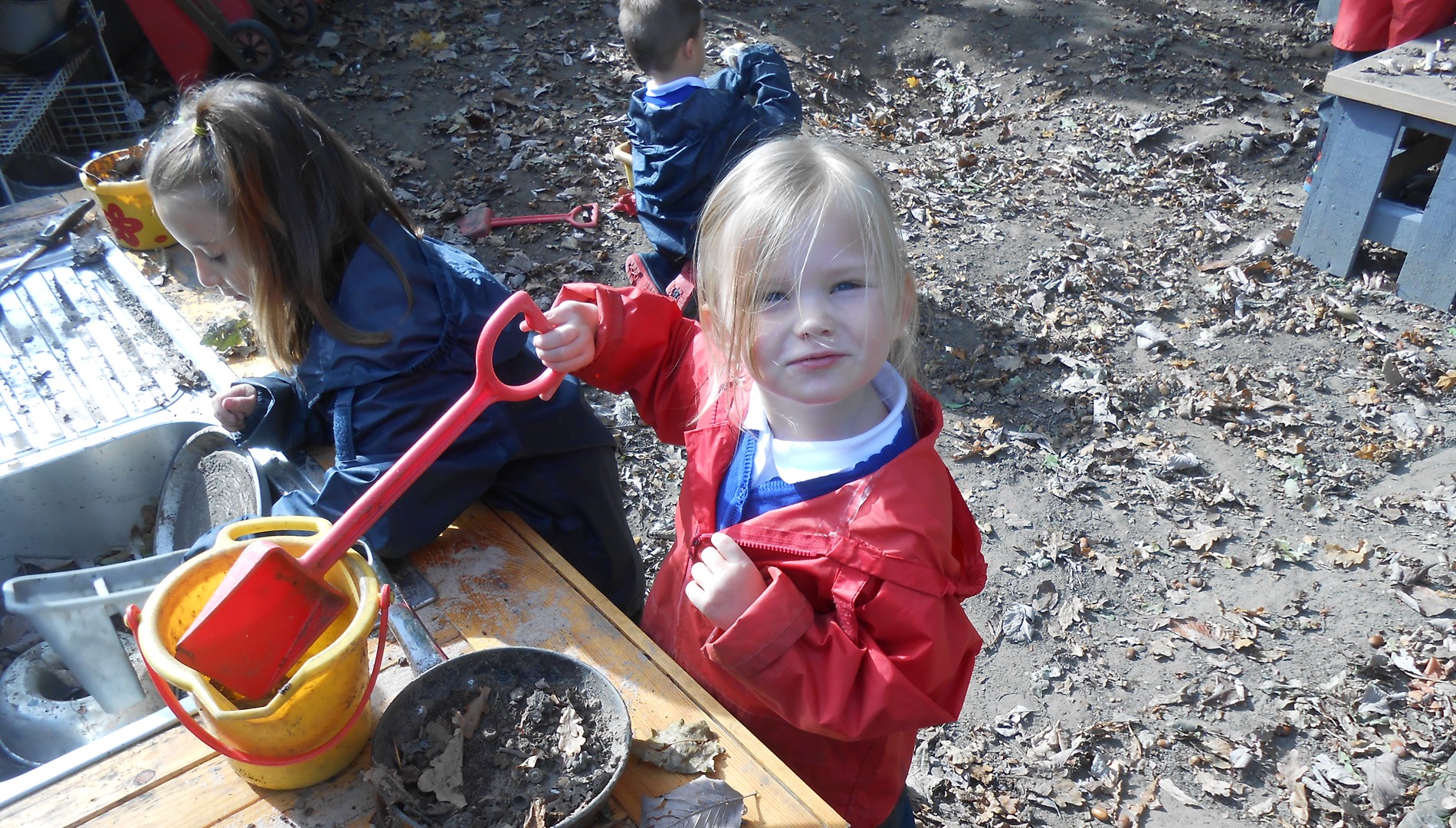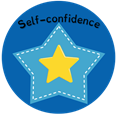Our R.E Adventure - The Religious Education Curriculum at Godinton
Curriculum Intent
At Godinton Primary School, we believe that Religious Education plays a significant role in our children’s spiritual, moral, social and cultural development. It promotes respect and open-mindedness towards others of different faiths and beliefs or with no-beliefs and encourages pupils to develop their own sense of identity and belonging through self-awareness and reflection. Through our Religious Education curriculum, children develop their knowledge of world faiths, and their understanding and awareness of the beliefs, values and traditions of other individuals, societies, communities and cultures. We encourage our pupils to ask questions about the world and to reflect on their own beliefs, values and experiences.
The aims of Religious Education are to help children: (outlined in the Kent Agreed Syllabus)
- Know about and understand a range of religious and non-religious worldviews, so that they can:
- describe, explain and analyse beliefs and practices, recognising the diversity which exists within and between communities and amongst individuals
- identify, investigate and respond to questions posed, and responses offered, by some of the sources of wisdom found in religious and non-religious worldviews
- appreciate and appraise the nature, significance and impact of different ways of life and ways of expressing meaning.
- Express ideas and insights about the nature, significance and impact of religious and non-religious worldviews, so that they can:
- explain, using reasoned arguments, their ideas about how beliefs, practices and forms of expression influence individuals and communities
- express with increasing discernment their personal reflections and critical responses to questions and teachings about identity, diversity, meaning and value, including ethical issues
- appreciate and appraise varied dimensions of religion.
- Gain and deploy the skills needed to engage seriously with religious and non-religious worldviews, so that they can:
- investigate key concepts and questions of belonging, meaning, purpose and truth, responding creatively
- enquire into what enables different individuals and communities to live together respectfully for the wellbeing of al
- articulate clearly beliefs, values and commitments in order to explain why they may be important in their own and other people’s lives.
Please click here to view our RE Curriculum end point document.
As part of our Guiding Stars curriculum, Religious Education and Personal, Social and Health Education are the leading light subjects for ‘Self-Confidence’.
Within our RE and PSHE curriculums, the children develop their ability to respect the views of others, ensuring they feel safe to ask questions in order to find out more. The children are encouraged to express their own ideas thoughts and opinions in response to different questions and scenarios. They appreciate that everyone is different unique and special, and celebrate the diversity of our community and wider society and enjoy investigating these differences. The children identify what makes them unique, healthy and happy and identify what helps to boost their own confidence and that of others, as well as the barriers to our own confidence.
Click on the Self-Confidence icon below to find out more about how the children’s development of their self-confidence progresses throughout these curriculum areas.
Curriculum Implementation
At Godinton Primary School we have adopted The Kent Agreed Syllabus for Religious Education. The aims of this syllabus, provide our children with a curriculum that engages them in systematic enquiry into significant human questions which religion and worldviews address. It develops their understanding and the skills needed to appreciate and appraise varied responses to these questions, as well as to develop responses of their own. Our RE curriculum helps children to develop their own identity and understand their culture and the culture of others.
During each Key Stage, pupils are taught knowledge, skills and understanding through learning about Christianity, Islam and Judaism throughout KS1, adding Hinduism in KS2. Our children may also learn about other religions and worldviews through our assemblies and in our topics.
RE units of work are taught during our termly STAR (Showing Tolerance and Respect) weeks alongside our PSHE curriculum. During this week, RE is taught in a block unit at the end of each term. By blocking the RE unit, children gain a deeper understanding of the religion studied through the use of high quality resources/artefacts and writing opportunities which are solely linked to work in RE. Showing tolerance and respect to individuals across all cultures and religions form part of our school’s key values and are continuously modelled in every day school life.
The following skills are used, in a progressive way to deepen the understanding and knowledge taught: investigating, reflecting, recalling and retelling, exploring, discussing and empathising. Children are provided with plentiful opportunities to discuss and compare the lives of people they have studied from a variety of different religions.
Assemblies take place across the whole school and in classes; senior leaders and class teachers, deliver these. The themes of our assemblies focus on celebrations and festivals in different faith communities, stories from different faiths and cultures as well as aspects of global citizenship. We also have strong links with our local church. The local vicar leads our harvest festival and our upper school children attend an annual carol service at Great Chart Church. Where possible, visits to other places of worship are encouraged such as Canterbury Cathedral.
EYFS
The EYFS framework is structured very differently to the National Curriculum and it is organised across seven areas of learning rather than subject areas. Religious Education appears under the prime area of Personal, Social and Emotional Development, and the specific area of Understanding the World.
In our Reception classrooms, RE is taught in accordance with the Kent Agreed Syllabus. Our play-based and cross-curricular approach to learning enables our children to develop their sense of self, and explore their own community and their place within it. We learn about a variety of celebrations and religious festivals across the year, making links to the children’s personal experiences and beliefs by sharing which places, people and stories are special to them and why. Stories, props, videos and songs are often used as a teaching tool and exciting enhancements are added to our existing provision, inviting children to explore all elements of RE in a way that is meaningful to them.
It is our aim that when children at Godinton Primary School finish their first year at school and move into Year 1, they will be able to:
- Show sensitivity to their own and others’ needs.
- Talk about the lives of the people around them and their roles in society.
- Understand the past through settings, characters and events encountered in books read in class and storytelling.
- Know some similarities and differences between different religious and cultural communities in this country, drawing on their experiences and what has been read in class.
Curriculum Impact
Our enriching RE curriculum enables our children to leave Godinton with the self-assurance to articulate their own ideas and beliefs and to be open minded, respectful and considerate of the beliefs and ideas of others. Most children will achieve age related expectations in RE at the end of their cohort year.
